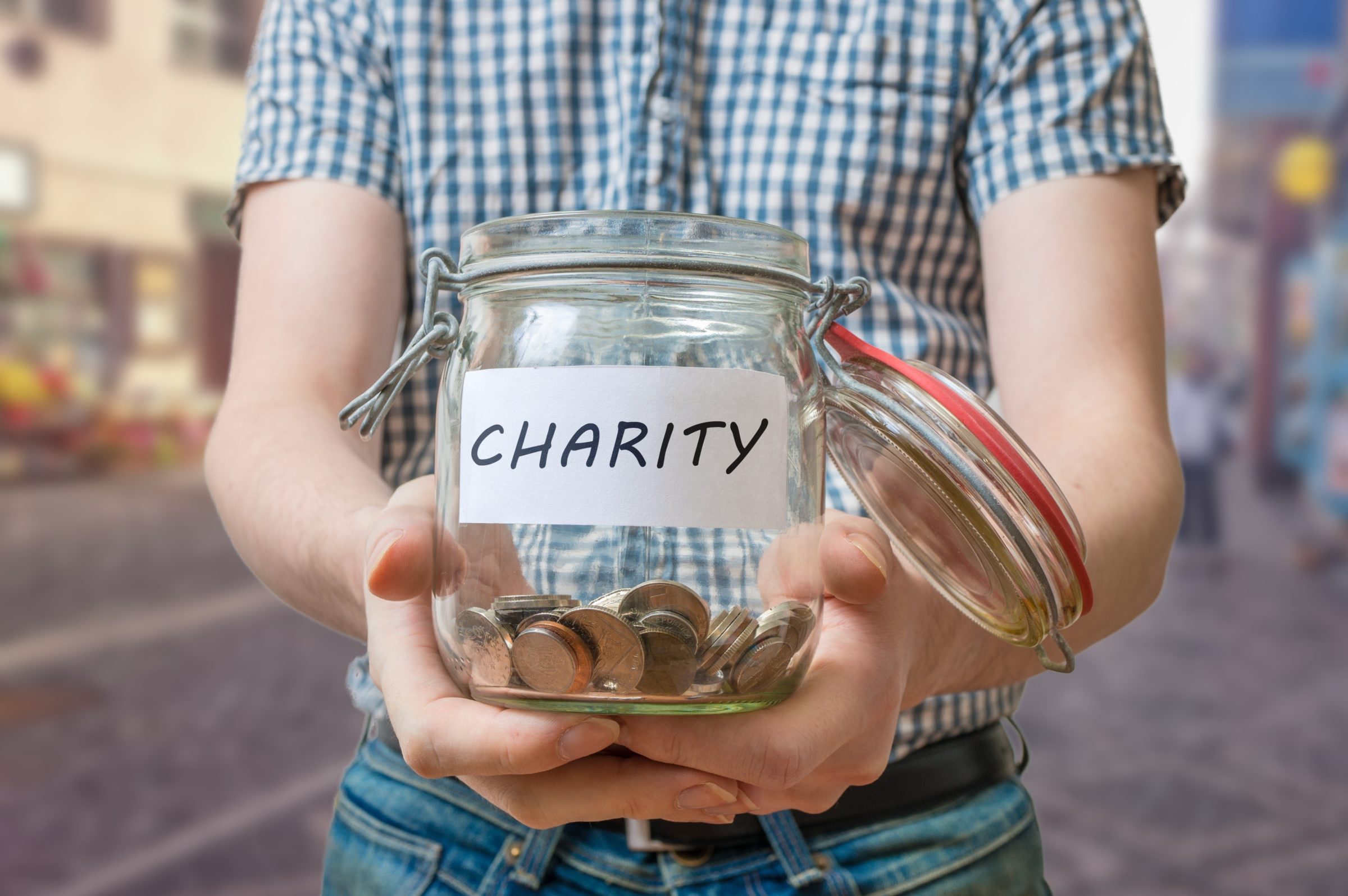Wealth & Poverty Review Learning From History
In helping the homeless we should be both generous and discerning. If we only provide material help in a way that enables addiction and overlooks mental illness, our generosity may be selfishness that gives ourselves a warm glow but hurts others.
We can learn from the oldest charity still existing in the United States, the Scots’ Charitable Society of Boston, founded in 1657. The Society from its start resolved to “open the bowells of our compassion” without catering to the “openly scandalous.” It viewed poor people as able to progress if they saw themselves as created in God’s image and aimed to live accordingly, but likely to descend into despair if they started to see themselves as animals.
Boston minister Cotton Mather in 1698 asked his church members to be charitable but also careful not to “abuse your charity by misapplying it.” He added, “If there be any base house, which threaten debauch and poison and confound the neighborhood” — today we might call them crack houses — “let your charity to your neighbors make you do all you can for the suppression of them.”
Leaders of the Society for Encouraging Industry and Employing the Poor tried to follow the apostle Paul’s maxim in Second Thessalonians 3:10: “If a man will not work, he shall not eat.” Pastor Charles Chauncey in 1752 said it was criminal to treat as helpless those “who might earn and eat their own Bread, if they did not shamefully idle away their Time.”
We tend to think of generosity as the opposite of selfishness, but it’s more helpful to see a spectrum: Generosity is in the middle. The selfishness of not giving is at one end. The selfishness of giving that warms the giver’s heart but hurts the recipient is at the other. Jesus’ parable in Matthew 25 emphasizes that “as much as you did to the least of these, you did to Me.” That cuts both ways: A person who offers help is helping Jesus, but a person who gives money that goes for drugs is shooting heroin into Jesus’ veins.
Two centuries ago Americans did not subsidize others in self-destruction. Some 23 Boston charity societies declared in 1835 that to give to the poor in “a way to supersede the necessity of industry, of forethought, and of proper self-restraint and self-denial, is at once to do wrong, and to encourage the receivers of our alms to wrong doing.”
Similarly, the Boston Provident Association (established in 1851) gave food, clothes, and coal to those willing to work but in temporary need. The association refused requests from drunkards and asked supporters to give beggars not money but cards proposing a visit to the Association’s offices, where volunteers would examine needs, make job referrals, and provide food and temporary shelter. It also developed a list that in 1853 contained 201 names of “impostors” — able-bodied persons who refused to work.
Charitable organizations did not pretend to know the character of applicants from momentary observation. Instead, they offered “work tests.” Agencies gave an able-bodied man an ax and asked him to chop wood for an hour or to whitewash a building. A needy woman generally took a seat in the “sewing room” (a child-care room often was nearby) and sewed garments that would be donated to the helpless poor or sent through the Red Cross to families suffering from the effects of hurricanes or tornadoes.
If these groups had developed such rules as a way to hold onto their funds tight-fistedly, we would be right to scorn them today. But the records indicate a generosity that flowed more regularly when contributors felt assured that their donations would help rather than hurt those in need. Pastors regularly exhorted listeners to give both with generosity and discernment. Leaving out one or the other was wrong.

